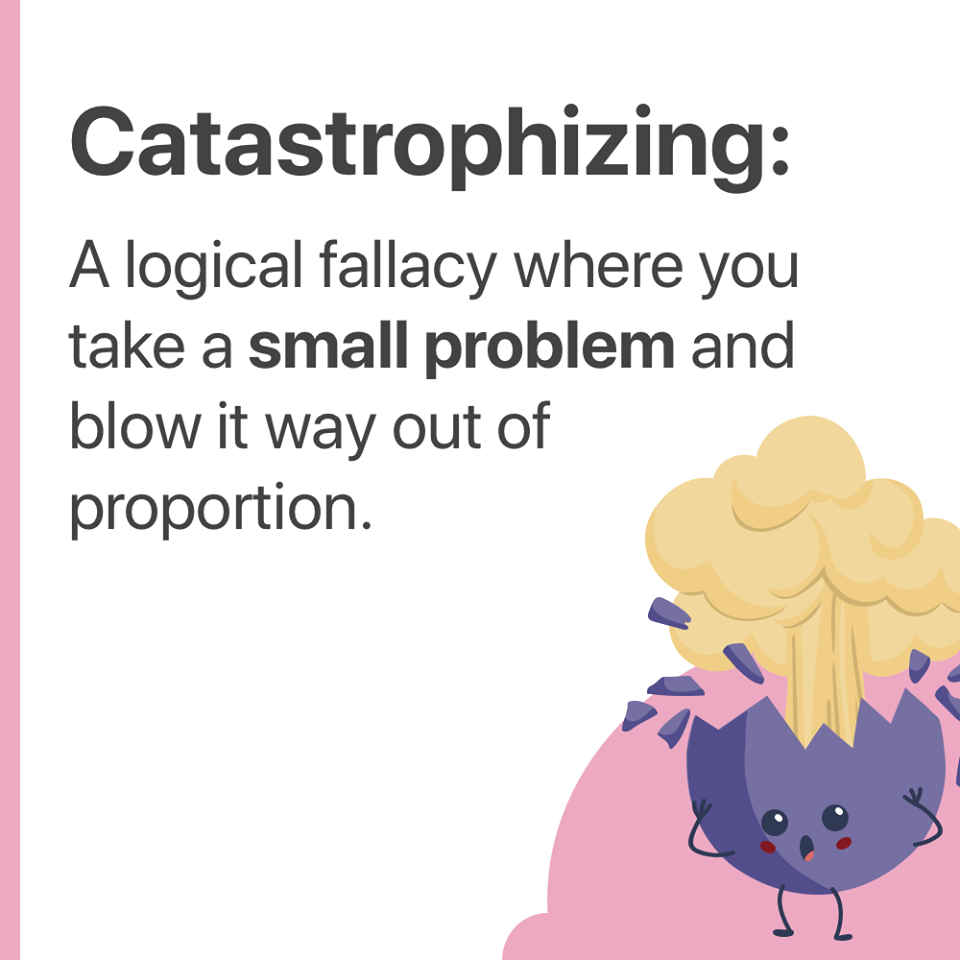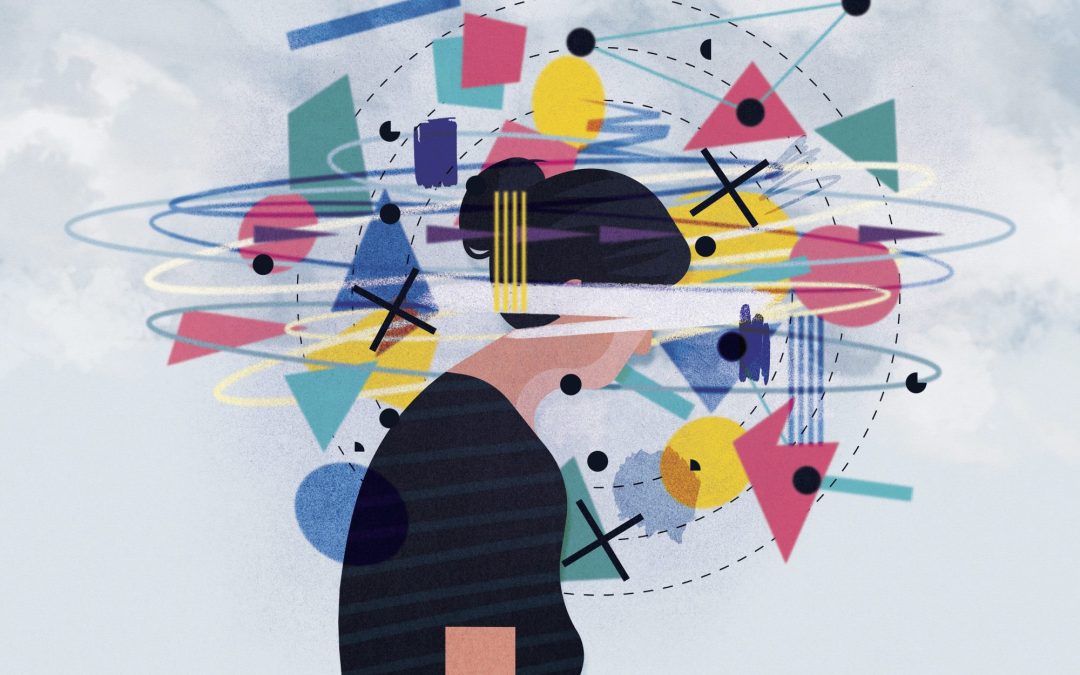This holiday season was a doozie, folks… or at least, I thought it was going to be.
My friends and family will tell you that the holidays are usually my thing. From reading break to finals, the Charlie Brown Christmas album is my go-to study tunes. My first cravings to watch Love, Actually usually hit in the last week of September… but I do my best to wait a few more months before I cave. When the end-of-semester anxiety and seasonal blues hit, homes decked out with twinkling lights are bright reminders of the small, good things in the world.

Probably a pretty good representation of what I looked like from December 1st to 25th.
Regardless of the stresses and struggles going on in life — even on the toughest years, when loss, mental health struggles, and drama were afoot — my family has always managed to pull together for the holidays. The end-of-year festivities have felt like a safe haven for me amidst dreary weather and exhausting to-do lists.
But this year was a bit different, and not just because of the particularly bleak weather and usual end-of-semester stressors. My parents are divorcing, my mom has moved to a new house, and my final year of studies has me feeling more than overextended. My partner and I have been on-and-off long-distance since April, and missing him felt heavier than usual with everything else that was going on. And in doing my best to just plow through the last few weeks of classes and exams, I wasn’t prioritizing self-care.
To be honest, all of it left me feeling pretty depleted and lost. I was a bit bah, humbug about the whole Happy Holidays thing, to be honest.
The changes and uncertainty were the perfect recipe to trigger anxieties. I felt familiar thoughts start to rise up: going home is going to suck. I’m going to have a terrible time. My parents are going to fight. It’s going to be embarrassing having my partner there. Nothing’s going to go as planned. Everything’s going to fall apart. I won’t be able to fix it. Nobody will like the gifts I’ve made and the house is going to burn down and our car is going to break down and my partner’s going to break up with me and my family will never be the same and and and...

Bye bye, holiday cheer.
I was catastrophizing.
Catastrophizing is a cognitive distortion. It means what the name suggests: framing a situation or event as catastrophic, and far worse than it actually is.
If you’ve experienced anxiety, you’re probably familiar with irrational, catastrophic thoughts. Something makes you anxious, and all of a sudden you’re faced with a slippery slope of thing, after thing, after thing, all of which culminate in some inevitable, terrible end. The good becomes bad, and the bad becomes worse, and before you know it, the thing that you’re not sure about — in my case, a holiday season that looked different from years before — suddenly becomes an intolerable source of fear.

And what does this result in? An experience becomes negative before it even happens. It becomes a self-fulfilling, maladaptively protective prophecy. Catastrophizing prepares you for the worst… but in the process, you erase any possible good that could come from the situation.

Dispelling these catastrophic thoughts is hard, but not impossible. Here’s some strategies that I’ve found to reduce the escalation of these thoughts when they come up:
- Maintain an awareness of the thoughts as they arise. Keeping a critical eye on my thoughts is key for me during stressful periods, because I can easily slide into anxious thought patterns. Thinking about whether a negative thought is helpful and healthy when it rises up helps me to stop it from growing out of control.
- Gently challenge the thoughts as they come up. This doesn’t mean shutting thoughts down right away. I can say from experience that anxious thoughts often re-arise with a vengeance if I ignore them. Rather, engage with them. Do they make sense? Are they backed up by evidence? Are they coming from a place of fear, or a place of logic? Poking at illogical, anxious thoughts can sometimes be enough to break them down.
- Ask for help. Challenging catastrophizing thoughts can be hard. I tend to pick out evidence that supports my anxious thoughts, leaving behind the evidence that goes against certain doom. Having a friend help you out can be a good way to see all of the evidence, not just the ‘facts’ which serve your catastrophic snowball.

When left unchecked, cognitive distortions like catastrophizing can snowball out of control.
At the end of it all, I actually had a really great, rejuvenating holiday season. When my catastrophic thoughts started to proliferate, I noticed and challenged them. I took space when when I felt overwhelmed, and talked out my frustrations with trusted friends. My partner and I spent half of Christmas with my family, and half with his; both celebrations were totally civil and lovely, and I was left feeling proud and grateful for the grace that my family is handling these changes with. We spent the last week of the break on an awesome, unforgettable road trip full of delicious food and fun adventures.
Though I’m still feeling a bit lost and tired out (as Liz mentioned in her latest blog post, a 3-week break isn’t a lot of time to unpack 4 months of stress!), it was relieving to find out that my catastrophic visions of the holiday season were fabricated. I’ll be holding on to that knowledge the next time these thoughts start to rise up!
– Cassidy
The views expressed in this blog are my own, and do not necessarily reflect the policies or views of the University of Victoria. I monitor posts and comments to ensure all content complies with the University of Victoria Guidelines on Blogging.

It was perfect the first time. This is very really unique helpful information. I learn so much from you as well! Thank you so much for sharing your helpful information. Keep it up. https://www.gmdrecipes.com